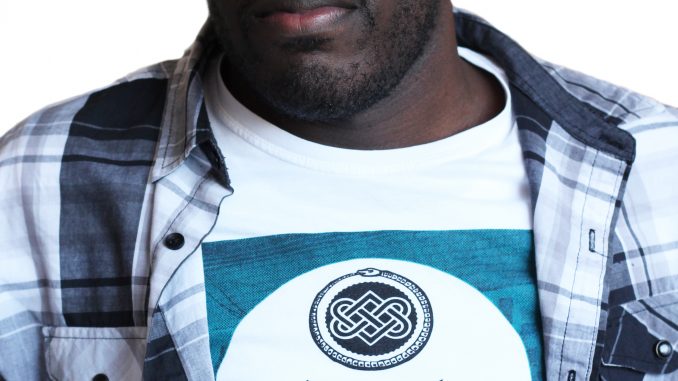
 Guns are playing a huge role in our community, and not in a good way. Gun violence is the second leading cause of injury-related deaths in the United States has killed more than 28,000 Americans each year since 1972. That is an average of more than 76 gun-related deaths a day. It has been shown that regions with higher gun ownership have higher gun-related crimes than regions with lower rates of gun ownerships.
Guns are playing a huge role in our community, and not in a good way. Gun violence is the second leading cause of injury-related deaths in the United States has killed more than 28,000 Americans each year since 1972. That is an average of more than 76 gun-related deaths a day. It has been shown that regions with higher gun ownership have higher gun-related crimes than regions with lower rates of gun ownerships.
Philadelphia is one of the five most populous cities in the United States, with more than 1.5 million people. A higher population can have a direct correlation to higher gun ownership and gun-related crimes. As of last month, the Philadelphia Police Department has recorded over 700 shootings and nearly 200 gun-related death this year so far.
Let’s put our focus on the section of Philadelphia closest to Main Campus, between Cecil B. Moore and Susquehanna avenues. As a first semester Temple student, I am new to TU Alerts lighting up my phone and email. I’ve counted three shootings and nine armed robberies near Main Campus in my two months here.
“We send out an average of about 38 crime related TU alerts per school year,” said Charlie Leone, executive director of Campus Safety Services at Temple.
I’ve heard our city called “Killadelphia” and the “murder capital,” a far cry from the previous nickname of, “The City of Brotherly Love.” When asked what can possibly be done to prevent or reduce these gun crimes from happening around campus, Leone said: “Increased security helps, but increased awareness helps more. We want our students walking late at night, especially alone, to be aware of their surroundings.”
The question remains, “Why is gun crime so prominent in the city?” And the answer is quite simple: the right to keep and bear arms. This right of ours is protected by the Second Amendment to the U.S. Constitution.
The Second Amendment to the Constitution states, “A well regulated Militia, being necessary to the security of a free State, the right of the people to keep and bear Arms, shall not be infringed.”
This amendment gives us the right to bear arms, so it our right to have a gun, but it does not give us a right to shoot anyone at any time for any reason. The Second Amendment was garnered toward law-abiding citizens who aren’t going to abuse their constitutional right. There are still laws gun owners must adhere to in order to be protected by the Constitution like the Omnibus Crime Control and Safe Streets Act, which prohibits interstate gun trades and requires a minimum age of 21 for anyone to legally purchase a gun; the Gun Control Act of 1968, which regulates interstate commerce by prohibiting interstate firearm transfer; and the Brady Handgun Violence Prevention Act, which allows for the requirement of background checks for the purchase and sale of a gun.
It’s not uncommon to hear people say, “I have my gun for protection,” or “If I am being attacked by a person with a gun, and I don’t have a gun, how can I defend myself?”
Those are both valid points, but they don’t look at the full picture.
We are now a month removed from the tragic shootings in Roanoke, Virginia of journalist Alison Parker and photographer Adam Ward. More recently we have heard about the mass shooting at Umpqua Community College in Oregon, and a threat against a “university near Philadelphia.”
This summer, the country watched Charleston, South Carolina and Lafeyette, Louisiana suffer mass shootings, and in years prior, a mass shooting at Virginia Tech and at Sandy Hook Elementary.
What all these horrific incidents have in common is the fact that guns wound up in the possession of the wrong person and bad things happened. These were people who were all mentally unstable and had absolutely no business handling a gun.
Background checks are conducted so that not everyone can buy a gun. Gun licenses are administered to allow the purchase and possession of a firearm. There are certain measures that are taken before a gun is distributed, but given the number of horrible instances that we constantly hear on the news, it’s clear that background checks are not enough to make sure guns are safely distributed.
“Good background checks are great, but there’s mental health screening and I’d say there should be more training; train the people who are purchasing the guns.” said Leone. “We can always do more. The less guns, the better.”
Gun regulation laws are in existence, but more importantly than regulating the guns, those who are in possession of the guns need to be monitored. Mayor Michael Nutter and Philadelphia Police Commissioner Charles Ramsey are both advocates for reducing gun crime in Philadelphia, while President Barack Obama is a gun control advocate on a national scale. One thing is for sure, the laws we currently have in place aren’t close to enough.
There is still two and a half months remaining in this semester. None of us know how many more TU Alerts will be coming to our phones during that period of time regarding shootings, armed robberies and other gun-related incidents. Guns cost way more lives than they save; guns hurt our community much more than they help. We must consider whether it would be in our best interest to keep things the way they are or contemplate making a change.
Jensen Toussaint can be reached at jensen. toussaint@temple.edu.


Be the first to comment